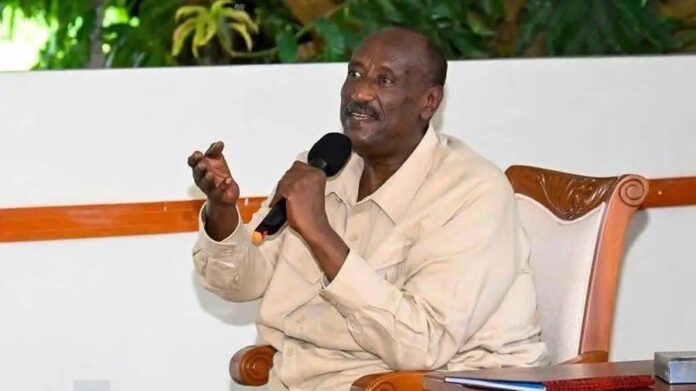During their conversation, several critical questions emerged: Did these reforms benefit Uganda, and were there viable alternatives that the National Resistance Movement (NRM) could have pursued? Saleh’s insights shed light on the complexities of these issues, particularly the acceptance of neoliberal policies that seemed to reverse the gains made during the era of nationalization and indigenization following independence.
Economist Fred Muhumuza contributed to the discussion by noting that while many assets were sold to Ugandans, they did not include key sectors such as manufacturing and telecommunications. Critics argue that the entry of multinational firms has improved management practices and reduced corruption but raises concerns about the long-term implications for local businesses.

Mwenda emphasized the necessity of examining the feasibility of alternatives during that period. The NRM initially criticized neoliberal policies but found itself in a position where privatization and liberalization were deemed essential for economic recovery after years of state collapse. The need for foreign investment to restart industries was paramount, leading to a reluctant acceptance of IMF conditions that favored neoliberal reforms.
As discussions continue around Uganda’s economic trajectory, Mwenda’s reflections highlight the ongoing debate about the balance between foreign investment and local empowerment, questioning whether the current model serves the best interests of Ugandans.



























